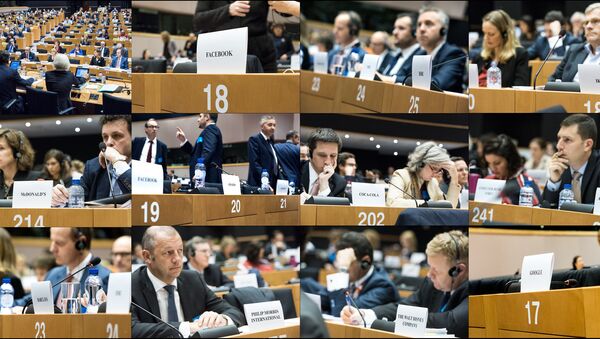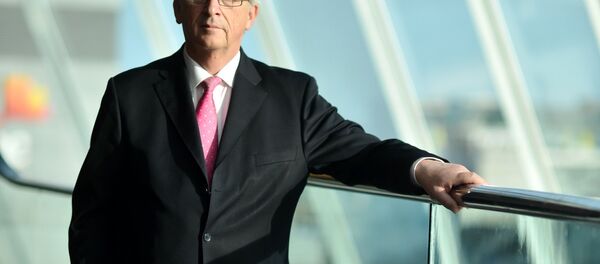The so-called LuxLeaks scandal emerged when the International Consortium of Investigative Journalists released a series of documents exposing Pepsi, IKEA, AIG, Coach, Deutsche Bank, Abbott Laboratories and nearly 340 other companies which had secured secret deals from Luxembourg that allowed many of them to slash their global tax bills.
#TaxRulings #Luxleaks "Juncker and Dijsselbloem cannot avoid our questions", said @EUTheurer https://t.co/bpYLptksyl
— Euranet Plus (@EuranetPlus) November 27, 2015
The Commission found that Luxembourg has granted selective tax advantages to Fiat's financing company and the Netherlands to the Starbucks Coffee Company. In each case, a tax ruling issued by the respective national tax authority artificially lowered the tax paid by the company.
The European Parliament set up a special investigation panel, known as the TAXE committee, to look into tax practices within the union. However, plans to extend its powers to look far wider into how much Commission President Jean-Claude Juncker and Eurogroup chief Jeroen Dijsselbloem knew about the tax practices have been scuppered.
#EPlenary approves #TaxRulings on the report by @ElisaFerreiraEP & @EUTheurer.VIDEO extracts https://t.co/oL0Ecawigw https://t.co/WHRieXBeyE
— EP Audiovisual (@europarlAV) November 25, 2015
Juncker was finance minister and prime minister of Luxembourg during the time the special tax deals were made. Dijsselbloem has been finance minister in the Netherlands since 2012.
'Biggest Tax Scandal in the EU'
Last week, European Parliament President Martin Schulz and the center-left political S&D Group expressed legal concerns with the extension, but to set up a new special committee on taxation to last six months, with the political groups now tasked to work on a new mandate.
The President of the Greens/EFA alliance Philippe Lamberts said:
"EP president Schulz has used procedural tricks to prevent the prolongation of the special parliamentary committee investigating taxation. He is clearly more interested in protecting politicians directly implicated in the scandal, like Jean-Claude Juncker and Jeroen Dijsselbloem, instead of ensuring parliament plays its role in investigating the biggest tax scandal in the history of the EU."
Greens/EFA tax policy spokesperson Sven Giegold said: "We will not accept any weakening of the mandate of the new committee, whose creation will already lead to unnecessary bureaucracy and delay. Parliament's investigation cannot be deemed finished until we have established who bears political responsibility for the billion Euro tax dumping of Google, Amazon, Facebook and hundreds of other multinationals."



